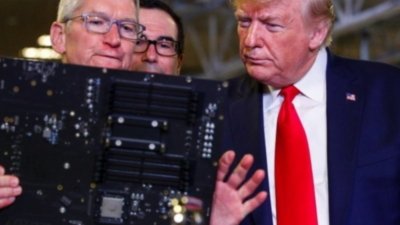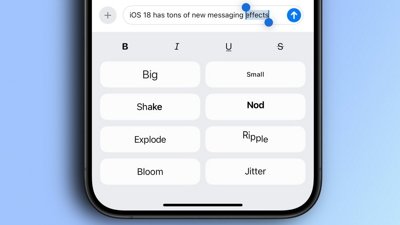The hacker or hackers behind what is thought to be one of the largest cryptocurrency thefts in history returned the remainder of some $610 million in stolen assets to Poly Network on Monday, with the company thanking the perpetrator or perpetrators for their cooperation.
Poly Network announced the full return of a final allotment of about $141 million in tokens in a blog post today, reports Gizmodo. The cache included Ethereum and Wrapped Bitcoin.
"At this point, all the user assets that were transferred out during the incident have been fully recovered," the company said.
A further $33 million in frozen tether is still outstanding, though the attacker does not appear to have control of those tokens.
Poly Network says it is now in the fourth phase of an "Asset Recovery" roadmap thanks to the actions of "Mr. White Hat," the name the company bestowed on the hacker or hackers responsible for stealing and then returning its crypto hoard. Funds are in the process of being returned to users impacted by the breach.
The decentralized finance platform was hacked earlier in August and made multiple attempts to retrieve the funds, including penning an open letter to the attacker or attackers.
In what appears to have been a change of heart, the hacker or hackers began to return the assets in batches. Most of the tokens made their way back into Poly Network's digital coffers by July 14, though a tranche of $268 million was held in an account requiring keys from both the attacker and company. The supposed hacker or hackers said the final key would be provided "when _everyone_ is ready."
Poly Network attempted to woo "Mr. White Hat" with both a $500,000 "bug bounty" for finding an apparent vulnerability in its system and $50,000 in reward money for the remaining funds. The company later extended the role of "chief security advisor to the unnamed hacker. Mr. White Hat refused each offer, claiming that the original plan was to return the tokens.
Poly Network operates in the DeFi sector, which seeks to replicated traditional lending and trading systems using blockchain technologies. The firm offers customers the ability to transfer assets from one blockchain to another, among other services.
 Mikey Campbell
Mikey Campbell

-m.jpg)






 Malcolm Owen
Malcolm Owen
 Oliver Haslam
Oliver Haslam
 Amber Neely
Amber Neely
 Marko Zivkovic and Mike Wuerthele
Marko Zivkovic and Mike Wuerthele

 Andrew Orr
Andrew Orr











8 Comments
I'm reminded of a scene from the mini-series "Ozark" where the thieves stole millions of dollars of Marty's drug money only to realize that they can't essentially do anything with all that cash without getting caught.
For some reason it makes me recall a musician who left his very expensive violin in a running expensive car. Some thief stole the car with the violin inside it. The musician appealed to the thief in the news by saying, "You can keep the car, just return the violin." When the thief heard that the violin was worth ten expensive cars, he returned the car instead of the violin. Then the thief tried to sell the violin, but found out that he couldn't sell it because nobody would buy it since it would be instantly recognizable as stolen by anyone qualified to play it. So he returned the violin, too, and walked away with nothing.
Unlike expensive artwork, an expensive musical instrument can't be appreciated by anyone who doesn't know how to play it.